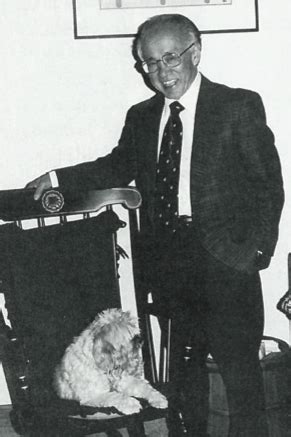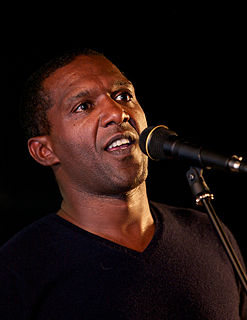A Quote by Quentin S. Crisp
Another part of the rejection I mention was the realisation that Buddhism quite simply ignores or dismisses a whole hemisphere of human experience that finds expression in and is enshrined by the mystery religions.
Related Quotes
Dharma has several connotations in South Asian religions, but in Buddhism it has two basic, interrelated meanings: dharma as 'teaching' as found in the expression Buddha Dharma, and dharma as 'reality-as-is' (abhigama-dharma). The teaching is a verbal expression of reality-as-is that consists of two aspects-the subject that realizes and the object that is realized. Together they constitute 'reality-as-is;' if either aspect is lacking, it is not reality-as-is. This sense of dharma or reality-as-is is also called suchness (tathata) or thatness (tattva) in Buddhism.






























